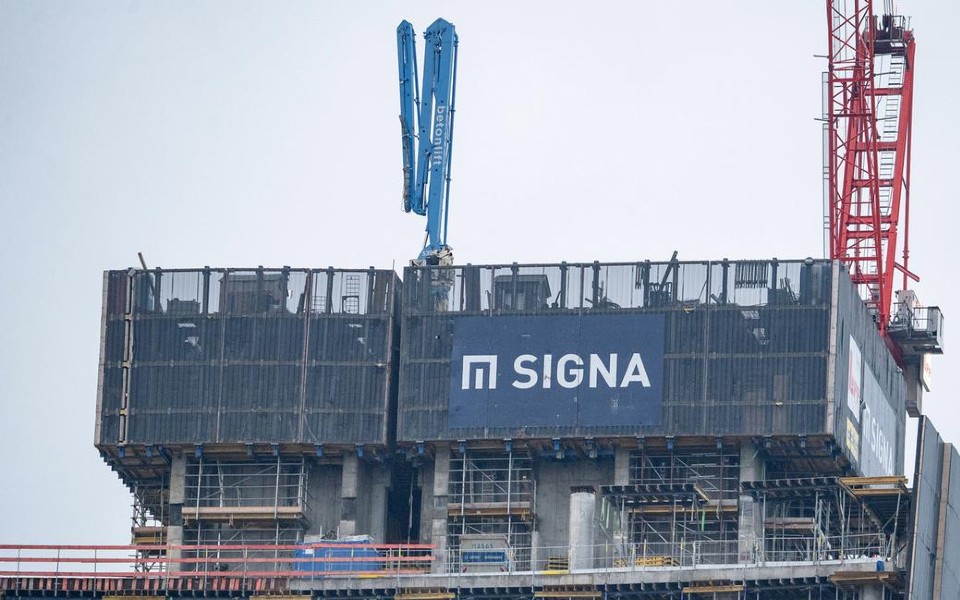The Austrian promoter’s debts have reached around five billion euros, according to creditor protection associations KSV1870 and Alpenländischer Kreditorenverband, with 42 employees and 273 creditors affected by the operation.
Real estate development company Cigna declared bankruptcy last Wednesday after failing to obtain new financing. It is also linked to the retail sector, as the company owned by Austrian businessman Rene Benko owns the Chrysler Building in New York, and many projects and stores in Germany, Austria and Switzerland, according to Reuters.
The Austrian promoter’s debts have reached around five billion euros, according to creditor protection associations KSV1870 and Alpenländischer Kreditorenverband, with 42 employees and 273 creditors affected by the operation.
The fall of a major European real estate developer led Austrian Chancellor Karl Nehammer to go public in an attempt to minimize the effects of this collapse. “What’s really important is that all those who have invested, especially the banks, remain stable. This is crucial,” he told reporters.
Signa was majority owned and controlled by Banco, although several other wealthy individuals, including Austrian industrialist Hans Peter Hasselsteiner, had smaller stakes. Recent negotiations with investors to hand over liquidity to subsidiary Signa Prime, of which Signa Holding is the majority shareholder, are still ongoing, but the chances of success are diminishing, according to sources close to the process.
Signa Prime Selection is Signa’s largest real estate subsidiary, with total assets worth €20.4 billion.
Cigna has secured large loans from banks such as Julius Baer, which on Monday revealed an exposure of more than 600 million Swiss francs, the largest in its private debt loan portfolio, to a European group.
“I can’t comment on clients,” Philipp Rickenbacker, the Swiss bank’s chief executive, said at the Financial Times’ World Banking Summit.
The CEO said it was too early to say what specific lessons could be learned from the large exposure in the private debt business. “Right now, the focus is on maximizing the value of our guarantees.”
The Swiss bank Julius Baer, dedicated to large wealth management, had already acknowledged in a statement its exposure to the European real estate developer.
The bank provided this clarification a week after an interim report on its accounts for 2023 revealed a provision of 70 million Swiss francs (72 million euros) to cover potential financial losses on the group’s loan portfolio after October 31, 2023, adding that the bank does not do this. He expected the level of net results for the full year to reach the same level as in 2022.

“Writer. Analyst. Avid travel maven. Devoted twitter guru. Unapologetic pop culture expert. General zombie enthusiast.”

